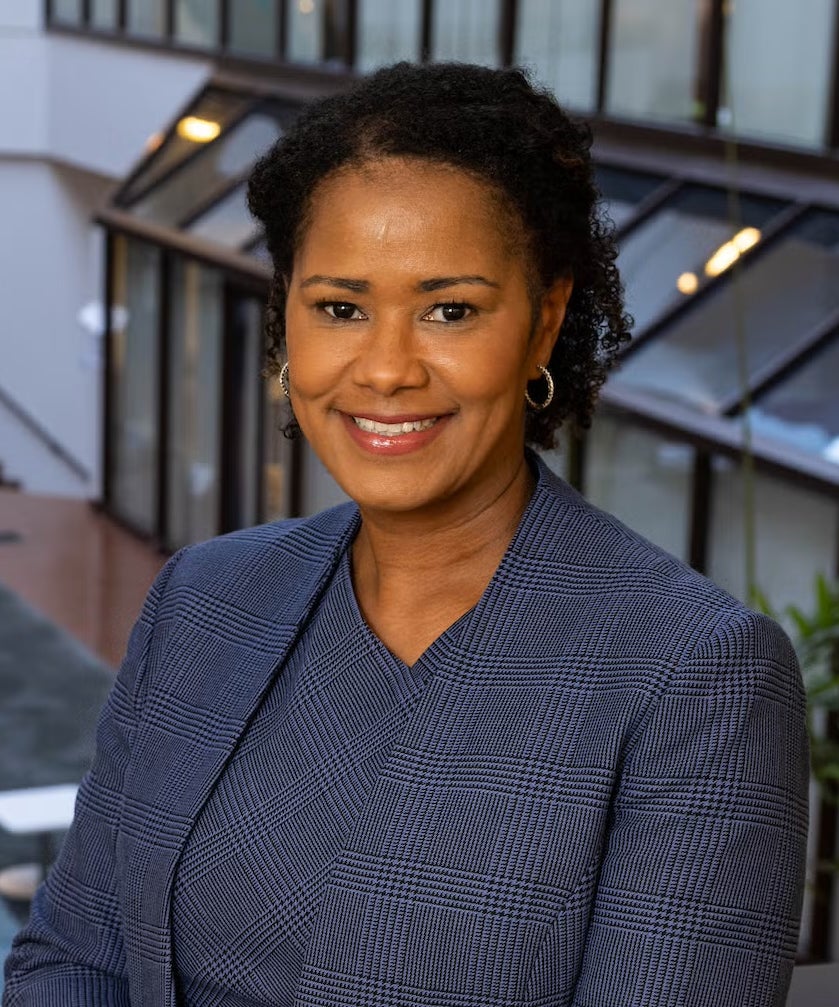Affiliated Faculty and Students
The Center for the Study of Slavery shapes its work thanks to the creativity of our talented faculty and students.
Founding Director
Adam Rothman is Professor in the History Department at Georgetown University and curator of the Georgetown Slavery Archive. He is the author of Slave Country: American Expansion and the Origins of the Deep South and Beyond Freedom’s Reach: A Kidnapping in the Twilight of Slavery, which won the American Civil War Museum’s book prize and several other awards. He is co-editor with Dr. Elsa Barraza Mendoza of Facing Georgetown’s History: A Reader in Slavery, Memory, and Reconciliation, published by Georgetown University Press in 2021. He teaches courses in slavery, U.S. History, and archival studies. He was a member of Georgetown’s Working Group on Slavery, Memory, and Reconciliation.

Affiliated Faculty
Professor
Prince Alwaleed bin Talal Chair of Islamic Civilization
Associate Professor | Director of Graduate Studies (MA)
Associate Dean, Undergraduate Programs | IDST Management
Director, Film and Media Studies
Provost’s Distinguished Associate Professor
Interim Provost
Anne Fleming Research Professor and Professor of Law | Faculty Director, Law Clinic
Associate Professor
Professor
Affiliate Faculty, Georgetown Center for the Study of Slavery and Its Legacies
Professor | Director of the Georgetown Institute for Global History
Director of the Senior Honor Seminar in History
Associate Professor
Associate Professor | Main Campus Non-Ordinary — Adjunct
Associate Professor
Graduate Students
Doctoral Student, Doctor of Philosophy in History
Doctoral Student, Doctor of Philosophy in History
Doctoral Student, Doctor of Philosophy in History
Timileyin Ojo
Master’s Student
Undergraduate Students
Katya Tolunsky
Katya Tolunsky is a senior in the College of Arts and Sciences majoring in American Studies and Government with a minor in History. She is passionate about making Georgetown’s institutional history public and accessible and confronting the university’s legacy of enslavement. Beyond working as a research assistant, Katya serves as a University tour guide with Blue & Gray, is active in the Georgetown ACLU chapter, and works as a peer career counselor at the Cawley Career Center.
